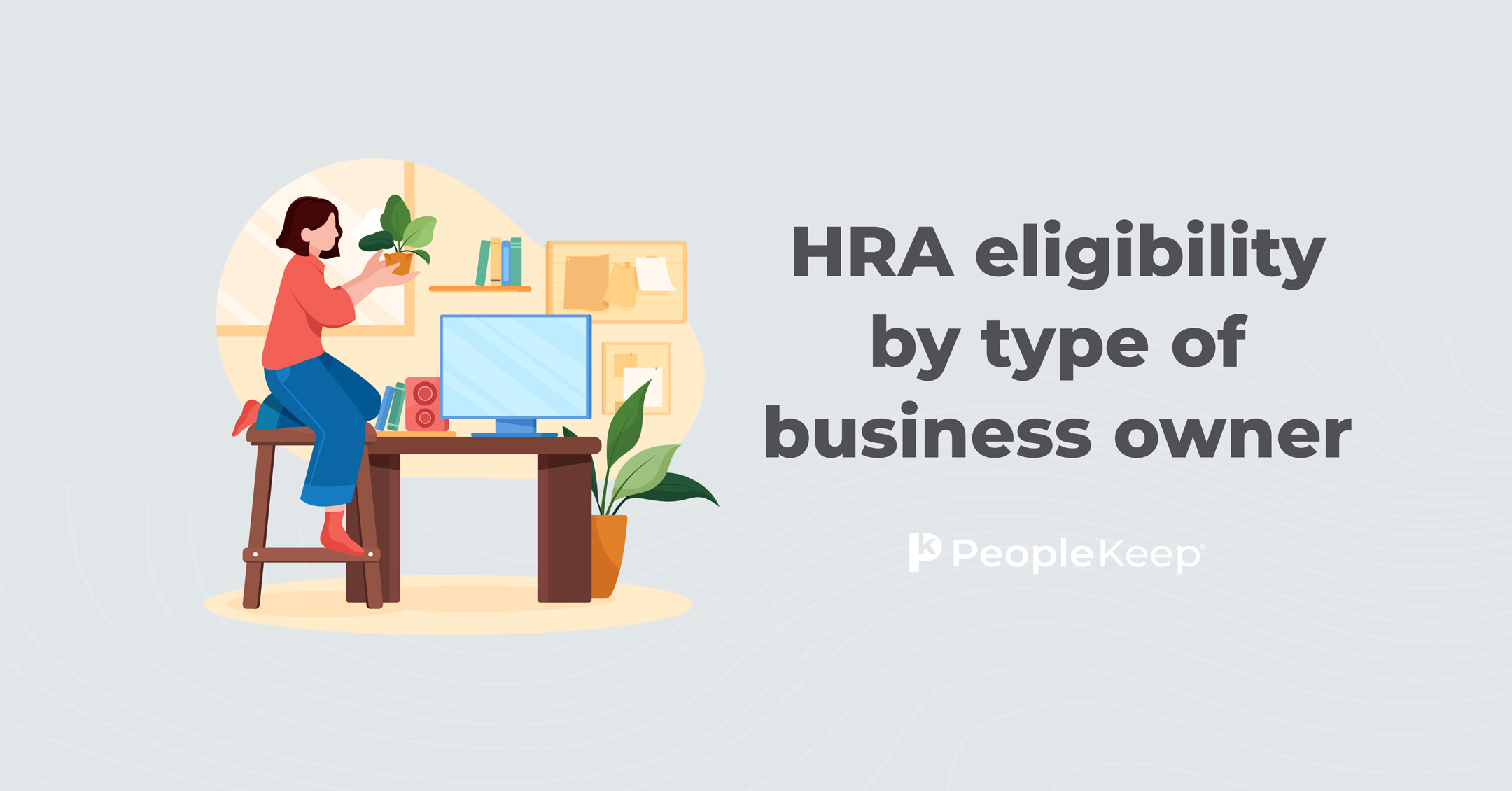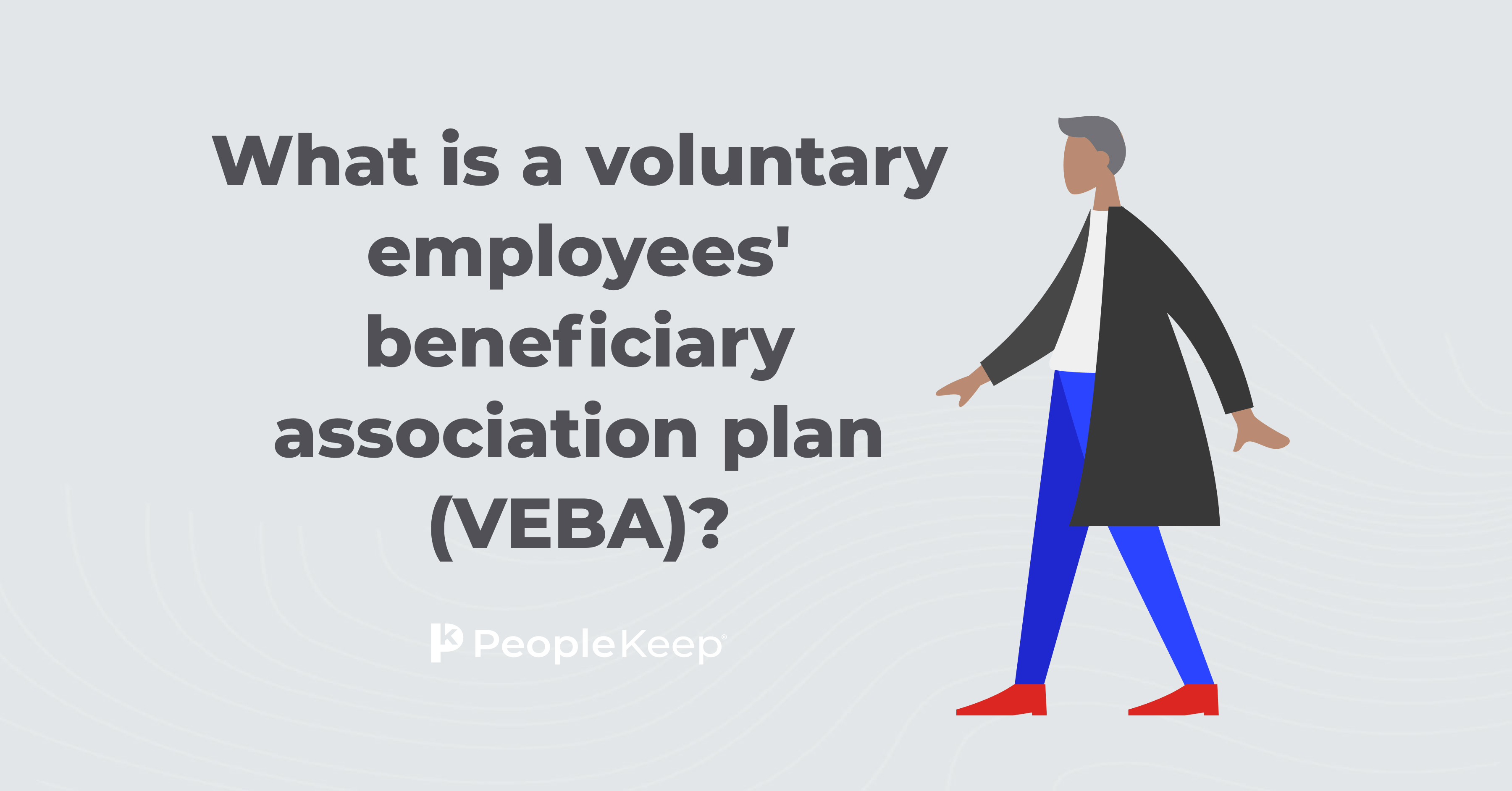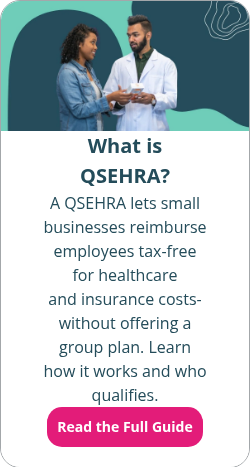How to grow your insurance book of business with an HRA
By Elizabeth Walker on October 20, 2023 at 10:30 AM
As a health insurance broker or agent, growing your book of business is a priority. While methods like upselling, networking, and advertising are the traditional path to a solid book of business, staying current on popular health benefits is also key.
Most successful agents and brokers understand traditional health insurance options like group plans. But more need to know how flexible health benefits like health reimbursement arrangements (HRAs) can help their book of business and clients be more successful.
This blog will discuss ways to create and grow your insurance book of business, including how an HRA can help you meet your business goals.
What is an insurance book of business?
An insurance book of business is a directory or "book" that lists an insurance agent or broker’s accounts and past and present clients. When you acquire a new client, you can add their information to your book. Therefore, your insurance book should be ever-changing as your clientele expands and grows.
Books of business are beneficial when you need to look back on your customer base, follow up on support services, review product information, identify at-risk customers, and optimize your sales decisions. This data enables you to evaluate the growth of your business and continue making appropriate decisions for your clients.
Traditionally, brokers and independent agents detail their book of business on spreadsheets, but this process can be time-consuming and frustrating. An industry-specific customer relationship management (CRM) tool can help relieve this burden.
A CRM is a digital channel that allows you to manage your clients, content and email marketing tools, sales information, and customer service interactions. The right software solution can make it easier to take ownership of your business, identify new opportunities, and run marketing campaigns in one place.
How do you create a book of business?
Building a book of business starts on day one after becoming an insurance broker. However, building a solid book can take several years, so prepare for slow and steady work.
Your book should be more than a list of current clients and their contact information. A comprehensive business book includes data, transaction details, and applicable personal information.
Other key details to include in your book of business are:
- Lists of client demographics
- Assets under management
- The revenue stream generated from each client
- Referrals
- Policy and renewal information
- Potential future needs
After you create your book, you’ll want to implement a marketing program to get you on the road to success in your career.
The following steps will help you build your book of business and independent insurance agency to its highest potential over several years:
- Identify insurance carriers and alternative health benefits providers with a strong product history and a competitive range of sales prices.
- Gather information on potential prospects to create a better foundation for customer relationship building.
- Acquire specific insurance product knowledge training for yourself and your insurance agency’s staff.
- Create a relationship-based sales process built on trust, respect, and honesty to drive future insurance sales.
- Work with insurers to create a proactive and comprehensive marketing plan.
- Stay consistent in your approach to successful client conversion.
- Track all your metrics with a CRM system that allows you to view monthly results.
How can you grow your book of business?
Having a lucrative book is an essential part of your business for the average insurance agent or broker. But it can be challenging to know how to start. Luckily, there are several ways your book of business can thrive in today’s modern insurance industry.
Fundamental principles to growing a successful book of business include:
- Focusing on client retention by engaging in regular client contact and relationship nurturing.
- Ensuring you spend enough time converting prospects to clients.
- Prioritizing the digitalization of your business to align with the rise of online insurance shopping.
- Creating a modern marketing plan to reach a broader and more diverse audience.
While this may seem overwhelming initially, leveraging these tools will contribute to your business's overall growth and longevity and create a stronger relationship between you, your prospects, and your clients.
How an HRA can add to your book of business
A health insurance broker's role in helping clients select healthcare is critical. According to KFF1, 65% of brokers assisted up to 100 individuals during the 2022 open enrollment period.
But in addition to group health insurance plans or helping consumers find coverage on public and private exchanges, you should consider HRAs a viable health benefit option.
HRAs are an excellent way for potential buyers to offset their employees’ healthcare costs. They’re an employer-owned and funded arrangement that allows your clients to reimburse their employees tax-free for qualified medical expenses. Depending on the type of HRA your clients offer, this can include individual health insurance premiums.
Because your clients choose the allowance amount, the flexible control and design of HRAs give them an edge over traditional group health plans. Instead of facing large rate hikes during benefit renewal, your clients can design their HRA each year to fit their budget.
HRAs are an effective way to enhance your client’s benefit package and improve your customer retention rate. With them, your clients can tailor their health benefits to fit their company’s goals while still offering their employees the best healthcare possible.
As a business owner, HRAs offer your clients significant advantages, such as:
- Customization: They choose an allowance amount and what expenses are eligible for reimbursement.
- Tax advantages: Their employer contributions are tax-deductible and free from payroll and social security taxes.
- Cost control: HRA funds stay with the employer, even if the employee leaves the company, and they only pay out allowance money when employers approve and verify a qualified healthcare expense.
- Employee empowerment: Employees control their healthcare coverage, creating better benefits engagement.
Some brokers consider HRAs an obstacle to their insurance business, but they can actually boost your business. Below, we’ll review three HRAs that PeopleKeep offers that can meet all your clients’ needs—regardless of their situations.
Qualified small employer HRA (QSHERA)
The qualified small employer HRA (QSEHRA) is a stand-alone health benefit for small businesses. Specifically, QSEHRAs are for employers with fewer than 50 full-time equivalent employees (FTEs) who don't have traditional group health insurance.
With the QSEHRA, your clients can set an allowance for their employees according to their individual or family status. Reimbursements are also free from income tax for employees as long as their policy provides minimum essential coverage (MEC).
The IRS sets QSEHRA maximum contribution limits annually. Allowance amounts typically roll over from month to month until the end of the plan year. Your clients must offer the QSEHRA to all full-time W-2 employees. Although, they can offer it to part-time employees as long as they receive the same allowance as full-time employees.
This is an excellent option for your smallest clients who can’t afford group health insurance policies, don’t meet the minimum participation requirements for group plans, or face large rate increases at renewal.
Individual coverage HRA (ICHRA)
The individual coverage HRA (ICHRA) works much like the QSEHRA but is available to companies of all sizes. It has no contribution limits, and clients can offer different allowance amounts based on 11 employee classes. This allows your clients to categorize employees into groups and makes it easier to customize benefits.
The ICHRA is only available to employees with an individual health insurance policy. Therefore, employees covered by a family member's group policy or an alternative like a healthcare sharing ministry can't participate in the benefit.
If you have any clients that are applicable large employers (ALEs), ICHRAs are an excellent solution. ICHRAs can satisfy the employer mandate as an ACA-compliant alternative to group health insurance as long as the ICHRA allowance your client offers is affordable.
An ICHRA is a great fit for your clients that can’t afford group health insurance or face large rate increases at renewal. Since participating employees must have an individual health insurance policy, you can also benefit from selling insurance directly to your clients’ employees.
Integrated HRA
An integrated HRA, sometimes called a group coverage HRA (GCHRA), supplements your client’s group health plan by helping their employees pay for costs not fully covered in their group health insurance policy, such as deductibles, copays, and other out-of-pocket expenses.
Like other HRAs, integrated HRAs are employer-funded only. There is no minimum or maximum contribution limit, so your clients can customize the benefit, including how much allowance they want to offer, what expenses they will reimburse, and how much money a specific employee class will receive.
Generally, employers use an integrated HRA with a high-deductible health plan (HDHP) to take advantage of the lower premiums and offer the HRA allowance to offset the high deductible. But you can have an integrated HRA with any group health plan.
With an integrated HRA, a broker's job remains the same. Simply work with your client and insurance carrier to find the best group health insurance policy for them and their business.
If your client wants to enhance their policy by offering employees an extra benefit, recommend a GCHRA through PeopleKeep to help bridge the gaps.
Conclusion
Creating and growing a robust insurance book of business should always be top of mind for successful insurance brokers. As your insurance company continues to expand, staying updated on alternative benefits like HRAs puts your clients in a better position when choosing the best health plan for their organization.
Group health insurance isn’t right for every company. Because of their flexibility and customization options, HRAs help make you a more diverse and inclusive broker by including alternative health benefit options in your repertoire.
This article was originally published on April 20, 2022. It was last updated on October 20, 2023.
Check out more resources
See these related articles

Which health reimbursement arrangement is right for your client?
Unsure about which HRA is best for your client? This guide breaks down the different HRA options to help you make an informed decision.

HRA eligibility by type of business owner
Are you a business owner wondering if you can participate in an HRA? Find out if you meet the eligibility criteria with this comprehensive guide.

What is a voluntary employees' beneficiary association plan (VEBA)?
In this article, we’ll go over the basics of a VEBA, how they work, their pros and cons, and how they differ from health reimbursement arrangements (HRAs).



